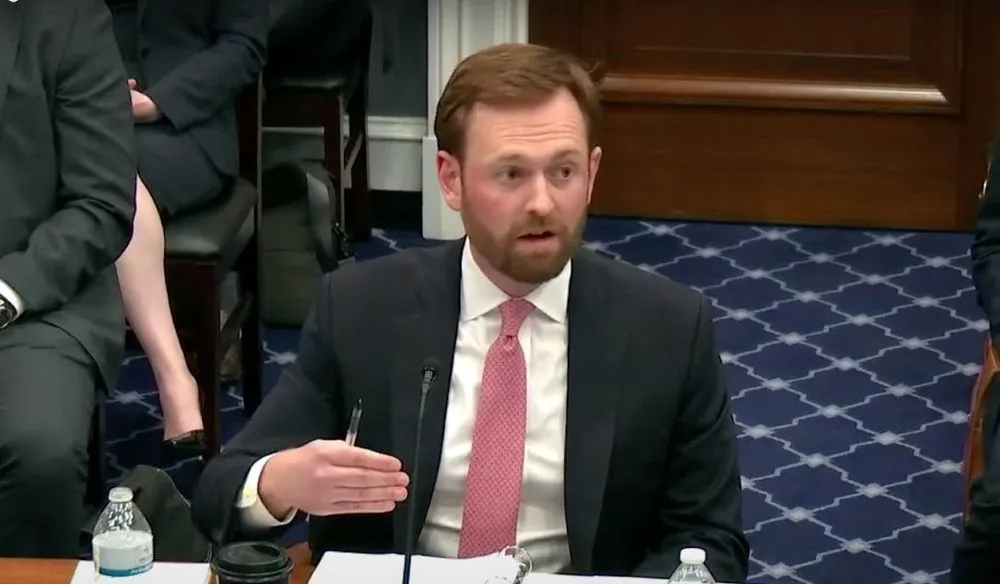FTC’s Ferguson tells lawmakers agency won’t regulate AI until after problems occur
Federal Trade Commission (FTC) Chair Andrew Ferguson on Thursday told members of the House Appropriations Committee he believes it is important for the agency to avoid stifling artificial intelligence innovation and not regulate the field ahead of abuses.
The United States has an advantage in stoking AI innovation because it doesn’t “reflexively regulate new technologies,” he said, though his predecessor Lina Khan took an aggressive approach to AI.
“We see how things go and then we address problems as they arise,” Ferguson said. “Equally important is making sure that government regulators don't intervene too early, particularly with a technology that is transforming constantly, faster than even its engineers can predict.”
His remarks echo recent comments Commissioner Melissa Holyoak made in her personal capacity during a speech at a privacy conference, but are a more significant indicator of the agency’s new position on the issue given that he was speaking to lawmakers on behalf of the agency.
“Regulators coming in heavy handed — by the time they even figure out what's going on, it will have changed,” he said, adding that it is important for American entrepreneurship to be protected from “government over-regulation.”
Ferguson’s comments come a day after the House Energy and Commerce Committee marked up its section of the budget reconciliation bill with text that would put a 10-year moratorium on any state regulation of AI models.
It is unclear if that language will become law.
Ferguson also signaled the FTC will continue to “address unlawful conduct related to privacy and data security,” in his 27 pages of written testimony, though failed to mention the words data brokers or location data even once in the document.
The Khan FTC focused heavily on regulating location data brokers, issuing several enforcements limiting their activities and imposing financial penalties.
Ferguson separately said that the FTC remains committed to protecting consumers from illegal privacy practices, writing in his testimony that “many companies go out of their way to
prevent Americans from knowing how much of their private data is being collected, and what
their private data is being used for.”
“Where companies have misrepresented their data collection and use practices to consumers, or where data practices have caused substantial injury to consumers, the Commission has brought law enforcement actions,” he said.
Ferguson also highlighted the importance of children’s privacy, saying in his written testimony that “protecting children and teens online is … of paramount importance to the Trump-Vance FTC.”
In April, the FTC finalized amendments to the Children's Online Privacy Protection Rule (COPPA) and published them in the Federal Register, formalizing a rule the Khan commission issued at the end of President Biden’s term.
Suzanne Smalley
is a reporter covering digital privacy, surveillance technologies and cybersecurity policy for The Record. She was previously a cybersecurity reporter at CyberScoop. Earlier in her career Suzanne covered the Boston Police Department for the Boston Globe and two presidential campaign cycles for Newsweek. She lives in Washington with her husband and three children.



